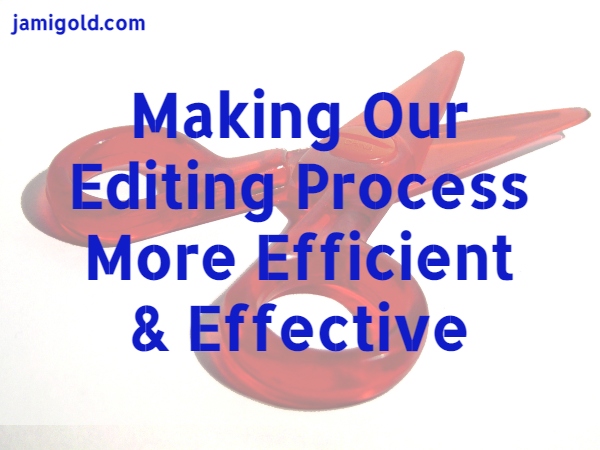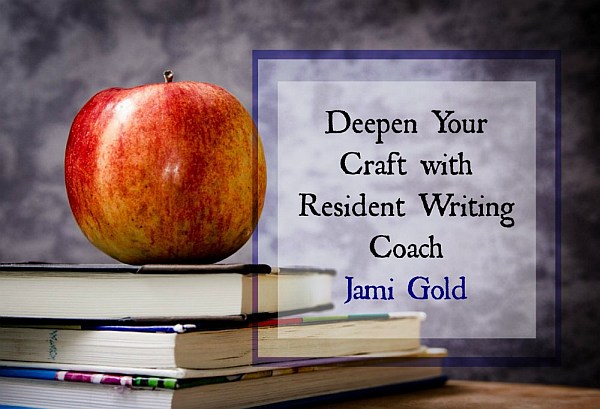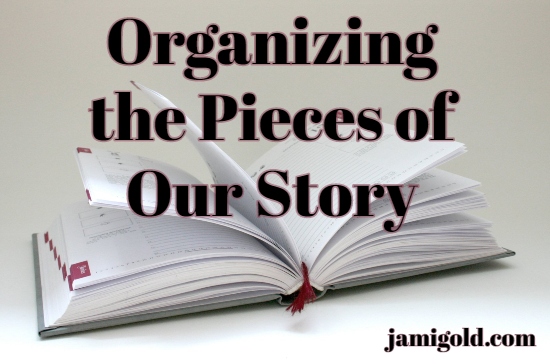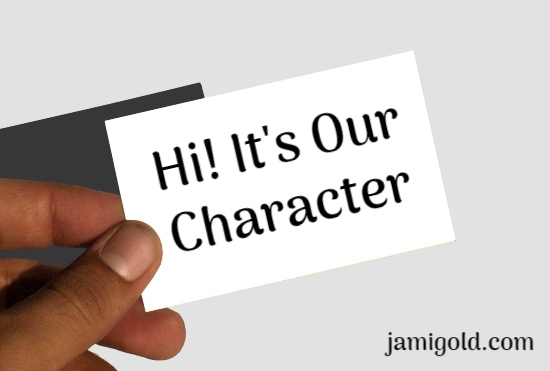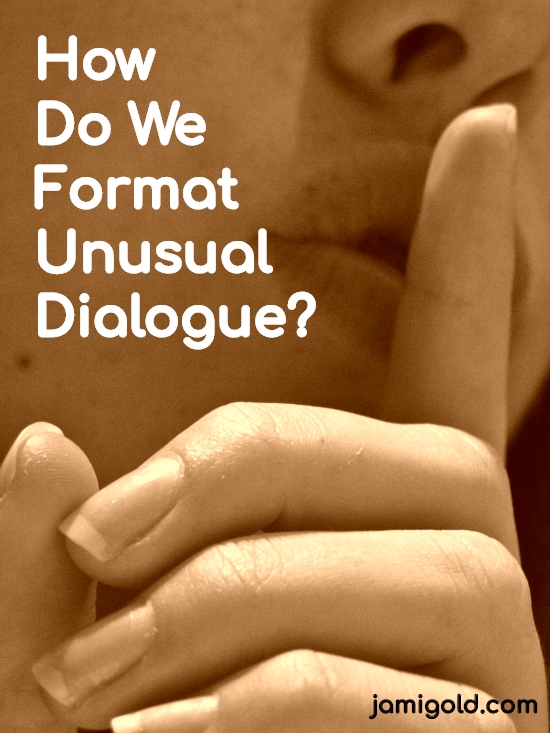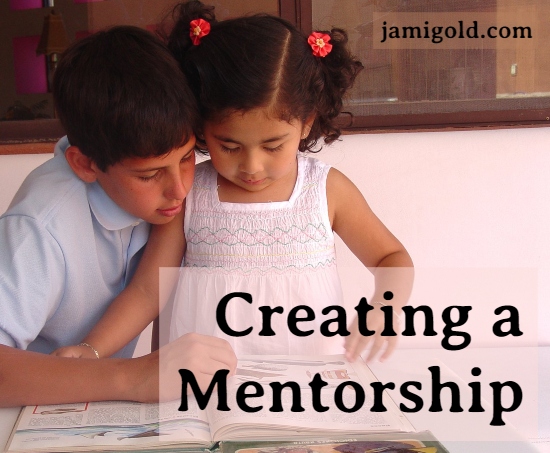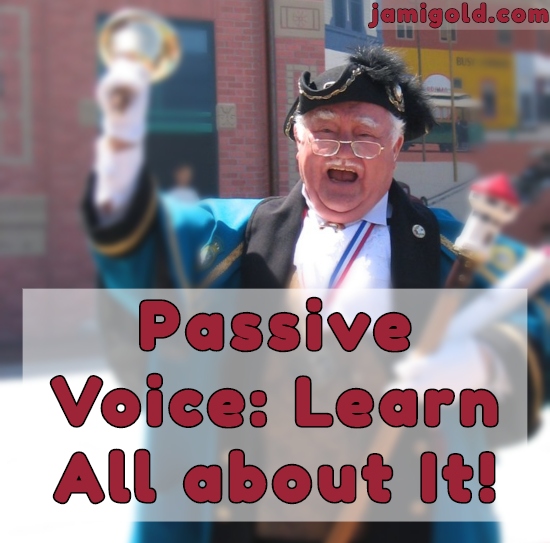Once our story’s flow is in good shape, we might not know how to take the next editing step. We can self-edit through the line-editing stage, but it’s difficult. Wendy Sparrow’s worksheet may help.
Read More
It’s time for another post as a Resident Writing Coach over at Writers Helping Writers, where we’re digging into how story structure problems can cause surprising issues.
Read More
As we develop a story idea, how do we know if all the pieces fit together? Guest Jael R. Bakari is sharing her process for keeping track of all the details.
Pin It
Read More
Want to improve your writing? Here are the strengths and weaknesses of 5 common ways to learn and improve our writing craft.
Pin It
Read More
If our sentences don’t have a good flow from one to the next, our writing can feel choppy. But what causes choppy writing and how can we fix it?
Pin It
Read More
Last time, we discussed how to introduce our characters. Now, here are 4 tips for ensuring we’re giving readers the right impressions of our characters.
Pin It
Read More
If our story includes telepathy or text messages and the like, what are some of our formatting options for non-verbal communication passages?
Pin It
Read More
We’ve discussed POV and voice, but what does the term “word choice” mean, how does it affect our writing, and what goes into choosing the right words?
Pin It
Read More
When learning something new, we’re often eager to find someone we trust to give us the lowdown. How can we make the most of a mentorship — real or virtual?
Pin It
Read More
Some verb tenses can cause confusion with passive voice. What is passive voice, and how can we tell when the word “was” is not a sign of passive voice?
Pin It
Read More

